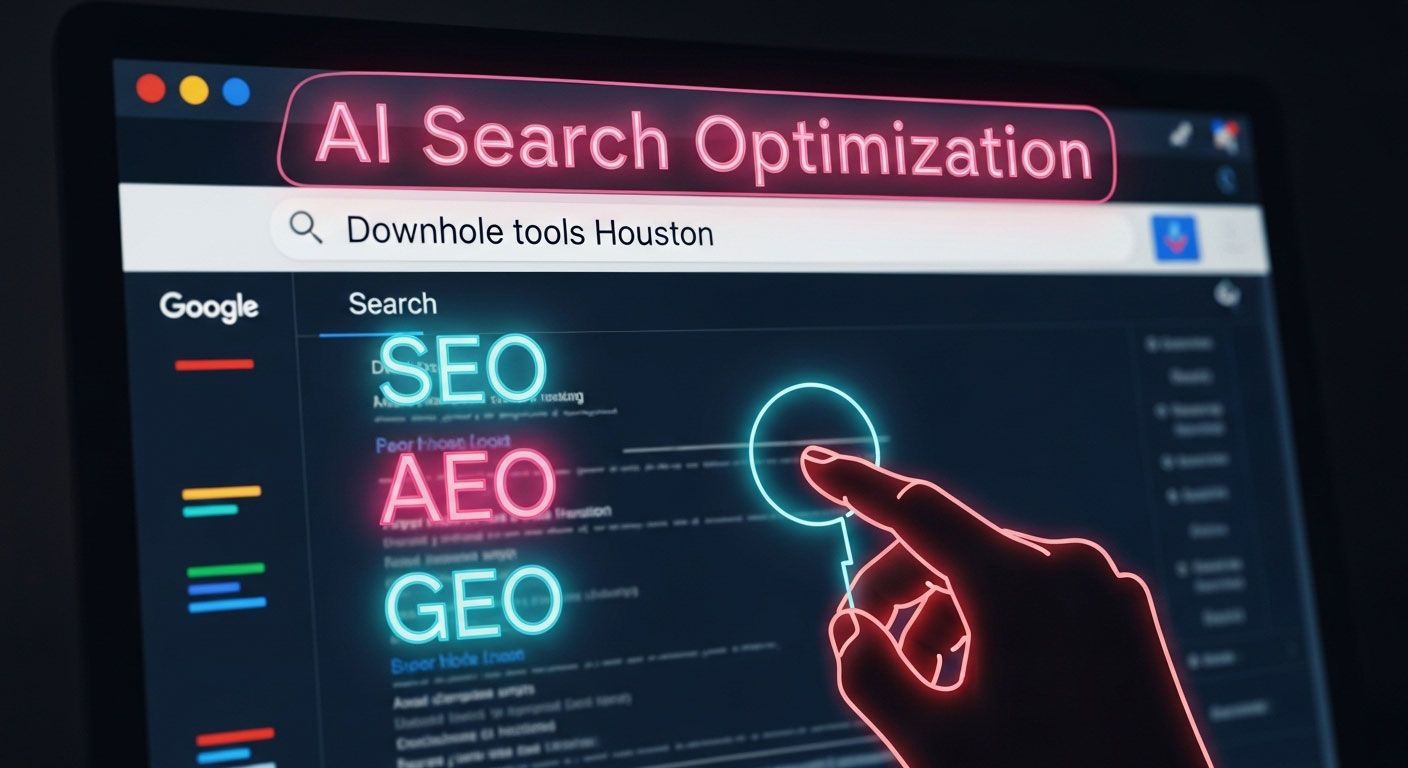A Practical Framework for Implementing AI Search Optimization (SEO, AEO, & GEO)
Doug Mansfield • November 7, 2025
As someone who is already using search engine AI results, ChatGPT, Gemini, and other LLMs, you don't need me to tell you the search landscape is changing. You're likely already seeing the shift in your own analytics and hearing it in your customer conversations. You understand the "why" of AI search optimization.

The real challenge is the "how." It’s becoming clear that traditional SEO, while still essential, is no longer sufficient. When a user asks a complex, conversational question, the AI's answer is a blend of crawled web data, structured facts, and generative interpretation.
To effectively influence those answers and ensure your business is not just cited but recommended, you need a strategy that addresses all three inputs. At Mansfield Marketing, we've structured this quest for AI search optimization into three distinct, yet interconnected, disciplines: Search Engine Optimization (SEO), Answer Engine Optimization (AEO), and Generative Engine Optimization (GEO).
This post isn't a sales pitch. It's my professional framework for how these three pillars must work together to create a unified, authoritative message for AI models. If you plan to manage your own AI search optimization then I hope you find this helpful. If you're on a journey to delegate this job, then I hope it helps you to vet people and companies offering solutions.
The Three Pillars of AI Search Optimization
Treating this new challenge as "just more SEO" is a common mistake. You must optimize for three different "readers": 1) the crawler, 2) the fact-finder, and 3) the generator.
1. Search Engine Optimization (SEO): The Foundation for Discovery (The crawler)
This is the discipline we all know well. AI models, particularly those integrated with search (like Google Gemini, Perplexity, and Bing), still rely on traditional search indexes to discover content, assess relevance, and determine authority.
- What it is: The technical health of your site, mobile-friendliness, site speed, backlink profile, and content optimized for topical relevance.
- Why it matters for AI: An AI model can't answer a question with your content if it can't find, crawl, or trust your domain. A high-authority, technically sound site is the price of entry.
- The takeaway: Your existing SEO efforts are the foundation. They get you in the game.
2. Answer Engine Optimization (AEO): The Source for Facts (The fact finder)
This is where we move from "topics" to "facts." AEO is the discipline of structuring your data so an AI model can understand it as an unambiguous fact. It's about being the definitive, citable source for any objective question about your company, products, or services.
- What it is: The practice of using structured data, knowledge graphs, and clear, declarative statements. This is less about prose and more about data.
- Why it matters for AI: When an AI needs a hard fact, like the product specs for your Model X-400, your corporate office location, or the cost of a service, it looks for the most reliable, clearly-labeled data. AEO is how you provide that.
- The takeaway: AEO ensures that when an AI needs a fact, it gets the right fact from you.
3. Generative Engine Optimization (GEO): The Influence for Recommendations (The generator)
This is the new frontier. If AEO provides the facts, GEO influences the interpretation. GEO is the art and science of shaping your content to guide how an LLM generates a new, conversational response. This is how you get the AI to move from "XYZ Corp manufactures the X-400" to "For your specific application, the X-400 from XYZ Corp is likely the best solution."
- What it is: Optimizing your content for E-E-A-T (Experience, Expertise, Authoritativeness, Trust). This includes in-depth case studies, white papers, detailed "how-to" guides, and content that addresses complex, nuanced customer intents (the "why" and "how," not just the "what").
- Why it matters for AI: When a user asks a complex, "what's the best..." or "how should I..." question, the AI synthesizes information from sources that demonstrate deep expertise. GEO is how you prove you are that expert.
- The takeaway: GEO builds the AI's "confidence" in your brand as a source of recommendations, not just data.
Why a Unified Strategy is Non-Negotiable
These three disciplines cannot live in silos. When they are misaligned, you create vulnerabilities where the AI will get a confusing or, worse, incorrect picture of your business.
- If you have strong SEO and GEO but weak AEO: An AI might trust your brand's expertise (from your white papers) but pull the wrong product specs from an outdated third-party distributor site, leading to a confident but factually incorrect recommendation.
- If you have strong SEO and AEO but weak GEO: An AI will accurately cite your product specs but may recommend your competitor's product, because their in-depth case studies did a better job of "explaining" how to solve the user's specific problem.
Your SEO, AEO, and GEO efforts must work together to tell a single, consistent, and authoritative story about your brand.
Shifting Your Content Strategy: From Keywords to Intent
To win in this new environment, we must elevate our thinking from simple keywords to the complex intents behind conversational queries.
Here are a few examples of how B2B and industrial companies should be reframing their content targets:
- For a CNC Machining Shop:
- Old Keyword: "high-precision CNC machining"
- New AI Query Intent: "What are the material and tolerance trade-offs when machining a high-wear aerospace component?"
- For an Industrial Automation Integrator:
- Old Keyword: "FANUC robot integrator"
- New AI Query Intent: "What is the true ROI of integrating a FANUC robotic arm versus a new conveyor system for a mid-size packaging line?"
- For a Custom Metal Fabricator:
- Old Keyword: "laser cutting services"
- New AI Query Intent: "How does laser cutting 1/4-inch stainless steel affect its material tolerances compared to waterjet cutting?"
- For a Corporate Law Firm:
- Old Keyword: "S-Corp vs LLC Texas"
- New AI Query Intent: "I'm a SaaS company with 10 remote employees. What are the long-term liability and tax implications of choosing an S-Corp over an LLC in Texas?"
The goal is to create content that is the answer to these complex questions, demonstrating your deep, specific expertise (GEO) while ensuring the core facts are perfectly structured (AEO).
A Practical First Step: Get Serious About Schema
If you're looking for a tangible place to start this process on your own, my single best recommendation is to begin with Schema (https://schema.org).
Schema is the primary vocabulary for AEO. It's a set of "labels" you add to your website's code that explicitly tells search engines and AI models what your content is. It's how you remove all guesswork.
Instead of hoping an AI understands your "About" page, you use
Organization
schema to tell it: "This is our legal name, this is our logo, this is our founding date, this is our official social media profile."
For B2B and industrial companies, the most critical schema types to implement are:
- Organization: Who you are.
- Product: What you sell (including detailed properties like
sku,gtin, and technical specifications). - Service: What you do.
- FAQPage: How you answer common, factual questions. Unique, but encyclopedic definitions are preferred this use case.
- Article/TechArticle: How you prove your expertise (GEO), complete with
authorschema to build E-E-A-T.
Implementing schema is the most direct and powerful way to build your AEO foundation and ensure the AI models are starting with the correct set of facts about your business.
In Closing
I hope this framework helps you organize your approach to this new challenge. The key is to think holistically, balancing your technical foundation (SEO), your factual data (AEO), and your expert narrative (GEO).
I know that some business owners enjoy the challenge of taking this on themselves. However, if you prefer to delegate the work and instead focus on running yo business then consider scheduling a consultation with Mansfield to see if we ae the right fit to meet your goals.
This blog post was created by Doug Mansfield, president and founder of Mansfield Marketing











